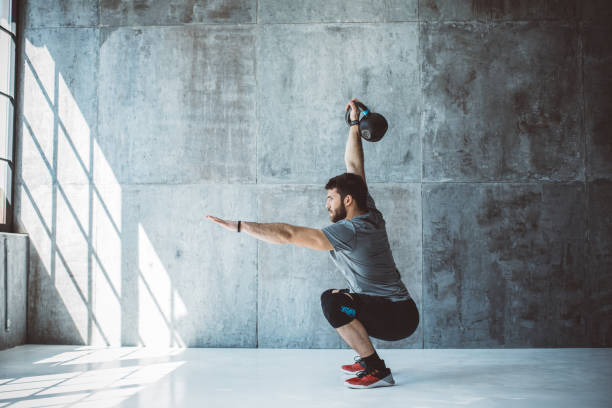Natural Ways to Boost Male Athletic Performance
Discover proven, natural methods to boost athletic performance for men. Learn how to optimize training, recovery, sleep, hormones, and nutrition.
Why Natural Performance Matters
For many men, athletic performance is more than just lifting heavier or running faster—it’s about maintaining vitality, strength, and health over time. Whether you’re a weekend warrior, a competitive amateur, or simply want to feel stronger and sharper, optimizing your performance naturally is not only effective—it’s sustainable and safe.
This guide explores holistic, evidence-informed strategies to help men improve their athletic performance without shortcuts. From training methods to hormone health, recovery routines, and nutrition—each element plays a key role in unlocking your peak potential.
1. Understand Your Performance Goals
Before making any changes, ask yourself:
- Do I want more strength or endurance?
- Am I recovering poorly or feeling fatigued?
- Is my performance declining with age?
Understanding your personal goals will help align your training and lifestyle to support your athletic development.
2. Optimize Your Training Plan
a. Focus on Compound Movements
Exercises like squats, deadlifts, and pull-ups activate multiple muscle groups, enhancing overall strength and functionality.
b. Incorporate HIIT and Strength Intervals
High-Intensity Interval Training (HIIT) boosts both cardiovascular health and testosterone levels, especially when done 2–3 times a week.
c. Don’t Skip Mobility and Stability Work
A well-rounded program includes stretching, foam rolling, and stability training to prevent injuries and improve performance efficiency.
3. Prioritize Recovery Like a Pro
a. Get Deep, Consistent Sleep
7–9 hours of high-quality sleep boosts testosterone, aids muscle recovery, and sharpens focus. Avoid screens and alcohol before bed for better rest.
b. Schedule Active Recovery
Low-intensity workouts like walking, cycling, or yoga promote blood flow and recovery without overtaxing the body.
c. Use Recovery Tools Wisely
Massage guns, contrast baths, and compression gear can help reduce muscle soreness and speed up healing after intense sessions.
4. Boost Testosterone Naturally
Testosterone is a major driver of male performance. Low levels can lead to reduced strength, energy, and libido. Here’s how to keep it optimized:
a. Lift Heavy
Strength training, especially compound lifts, is one of the most reliable ways to boost testosterone.
b. Avoid Chronic Stress
High cortisol levels suppress testosterone. Stress management techniques like mindfulness, journaling, and deep breathing are powerful allies.
c. Get More Sun or Vitamin D
Vitamin D supports testosterone production and overall hormonal balance. Aim for 15–30 minutes of sun daily, or supplement if necessary.
5. Fuel Your Body Right
a. Eat Enough Protein and Healthy Fats
Men need around 1.2–2.0 grams of protein per kilogram of body weight to support recovery. Healthy fats (e.g., avocado, olive oil, fish) help regulate hormones.
b. Don’t Fear Carbs
Carbohydrates are essential for energy, particularly around workouts. Prioritize whole grains, fruits, and starchy vegetables.
c. Hydrate Strategically
Even mild dehydration reduces performance. Aim for half your body weight (in ounces) of water daily, more with heavy training.
6. Use Supplements with Purpose
While a food-first approach is best, some supplements can support male performance when used appropriately:
- Creatine Monohydrate – Boosts strength and recovery
- Magnesium & Zinc – Aid in hormone regulation and muscle function
- Ashwagandha – Supports stress reduction and testosterone balance
Always consult a healthcare provider before starting new supplements.
7. Monitor Progress and Adjust Accordingly
Keep track of your performance, energy, mood, and recovery over time. Small adjustments to training volume, rest periods, and diet can yield big improvements.
Consider periodic blood work to monitor hormone levels and nutrient status—especially if you’re over 35 or feeling off balance.
Conclusion: Long-Term Gains Come from Smart Habits
Enhancing male athletic performance doesn’t require extreme measures or risky shortcuts. By focusing on natural, science-backed strategies—quality training, deep recovery, hormonal balance, and sound nutrition—you set yourself up for long-term success in both sport and life.
Consistency, not perfection, is your most powerful performance enhancer.
